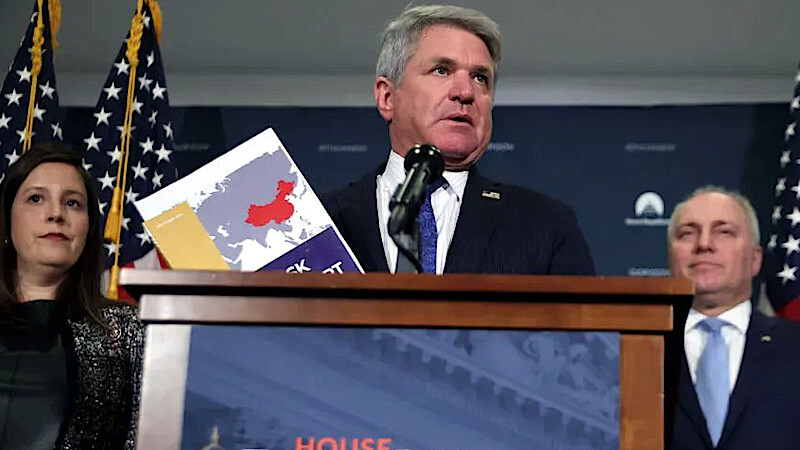President Joe Biden signed a bill into law on Tuesday that intends to promote the research, development and fabrication of semiconductors within Texas and the U.S.
Austin NBC affiliate KXAN reported that U.S. Rep. Michael McCaul (R-Austin) said the CHIPS Act of 2022 will immensely benefit the Lone Star State.
The bill, which intends to give the U.S. a strong competitive edge against China, garnered a 64-34 vote in the Senate and advanced in the House of Representatives by a 243-187 vote late last month.
Companies that build their facilities domestically will receive federal grants and tax breaks under the bipartisan $280 billion legislation, as well as directs lawmakers in Washington, D.C. to boost spending on companies that are believed to help the country remain economically competitive for years to come, KXAN reported.
McCaul, who authored the act in 2020, said the country’s most advanced national security weapons systems could stand to benefit from the bill.
“We can’t build those because we don’t have the chips,” the legislator said, KXAN reported. “That’s pretty scary when the United States of America has a shortage of weapon systems because of chips.”
According to McCaul, the station reported, the creation of jobs will be a boon for Texas.
“This will result in trillions of dollars of investment in manufacturing jobs in the U.S., and Texas will be the real big beneficiary of the bill itself,” he said.
Not all Texas lawmakers share the congressman’s sentiments, however.
KXAN reported that U.S. Sen. Ted Cruz (R-TX) was among those who cast the dissenting votes when the bill was still in the upper chamber.
“When the federal government simply gives billions of taxpayer dollars directly to massive corporations, it invites cronyism and corruption,” Cruz said, according to the station.
McCaul countered that the CHIPS Act is necessary for the U.S. to take on other major economies.
“What makes it different in today’s world is that you have China investing a trillion dollars in a digital economy, Europe … offering these incentives, and Asia,” the congressman, whose district stretches from the northwestern portion of the Greater Houston region to the Greater Austin region, said, KXAN reported.

